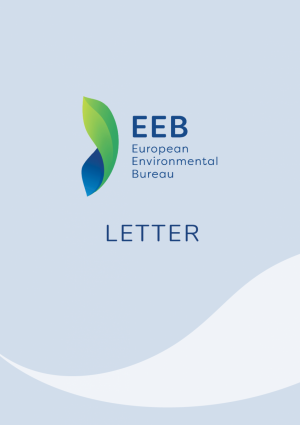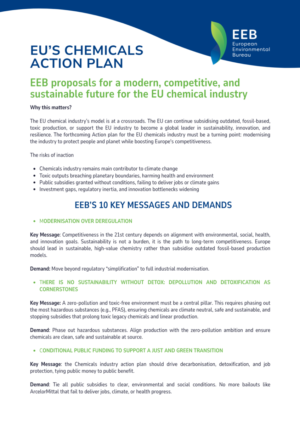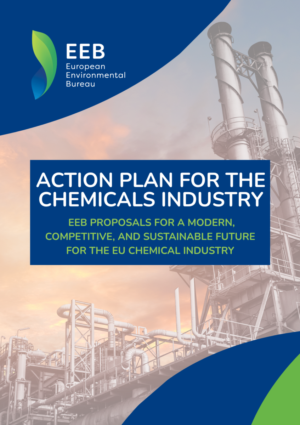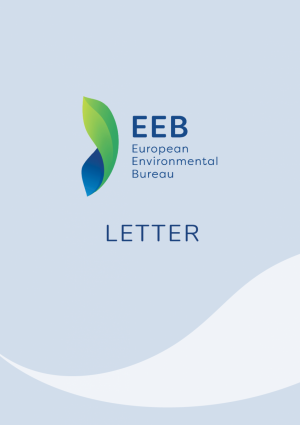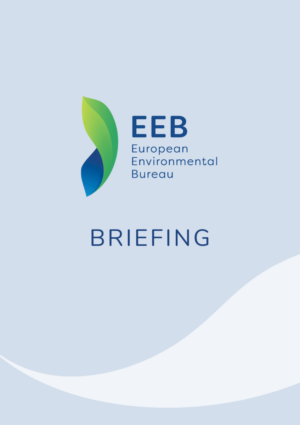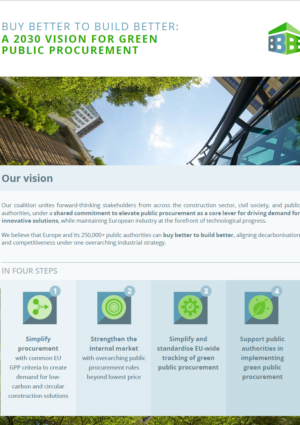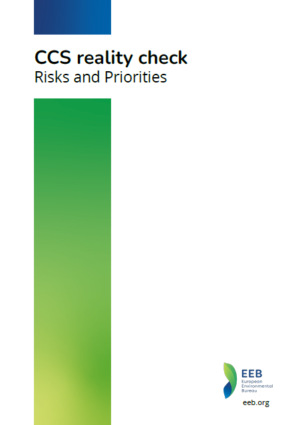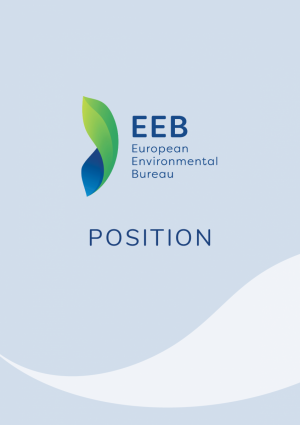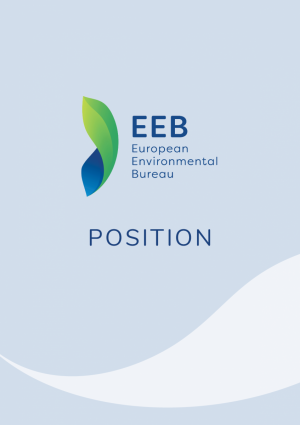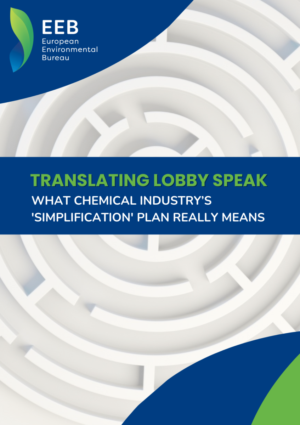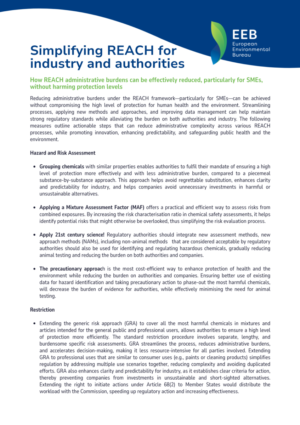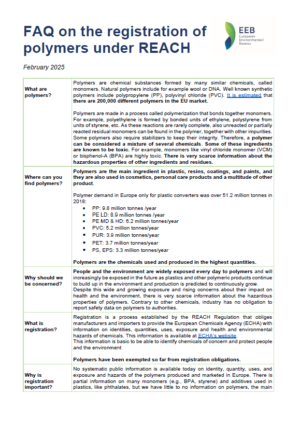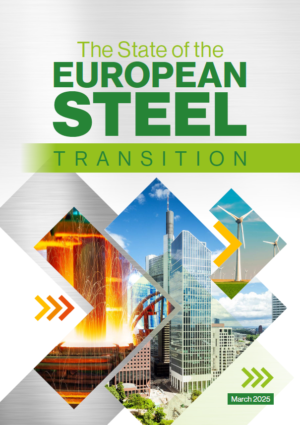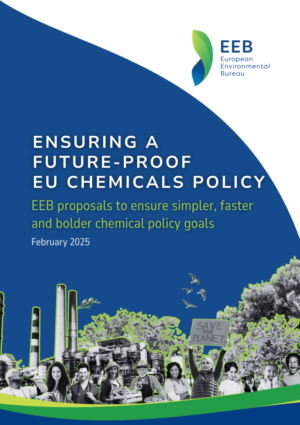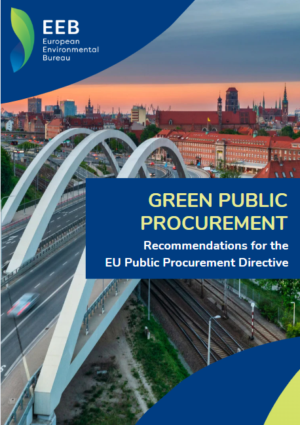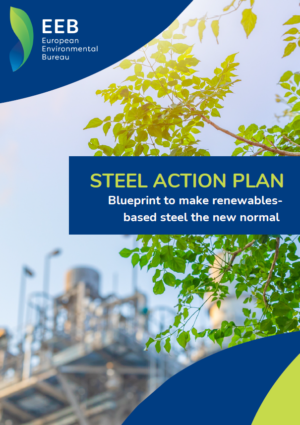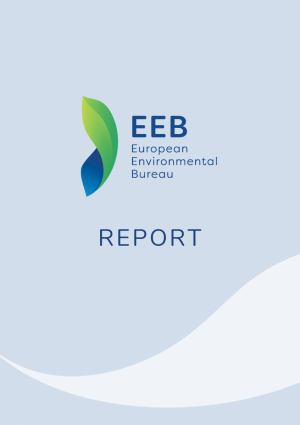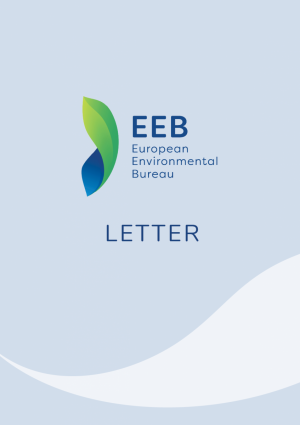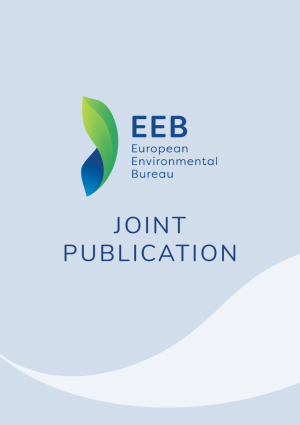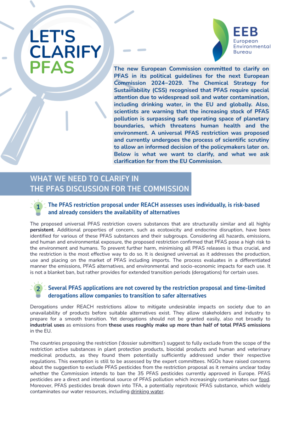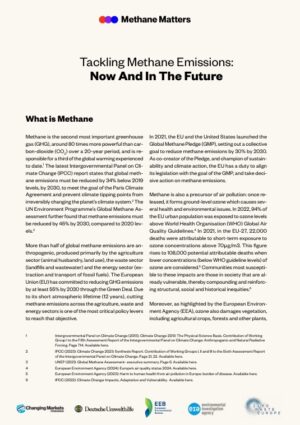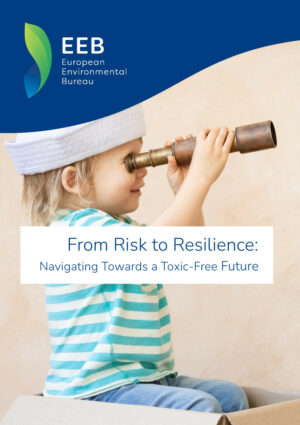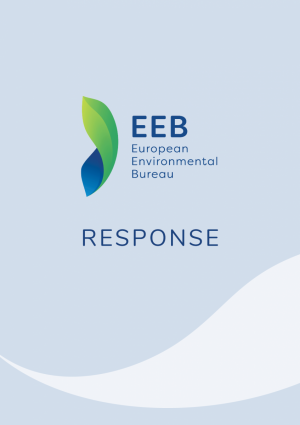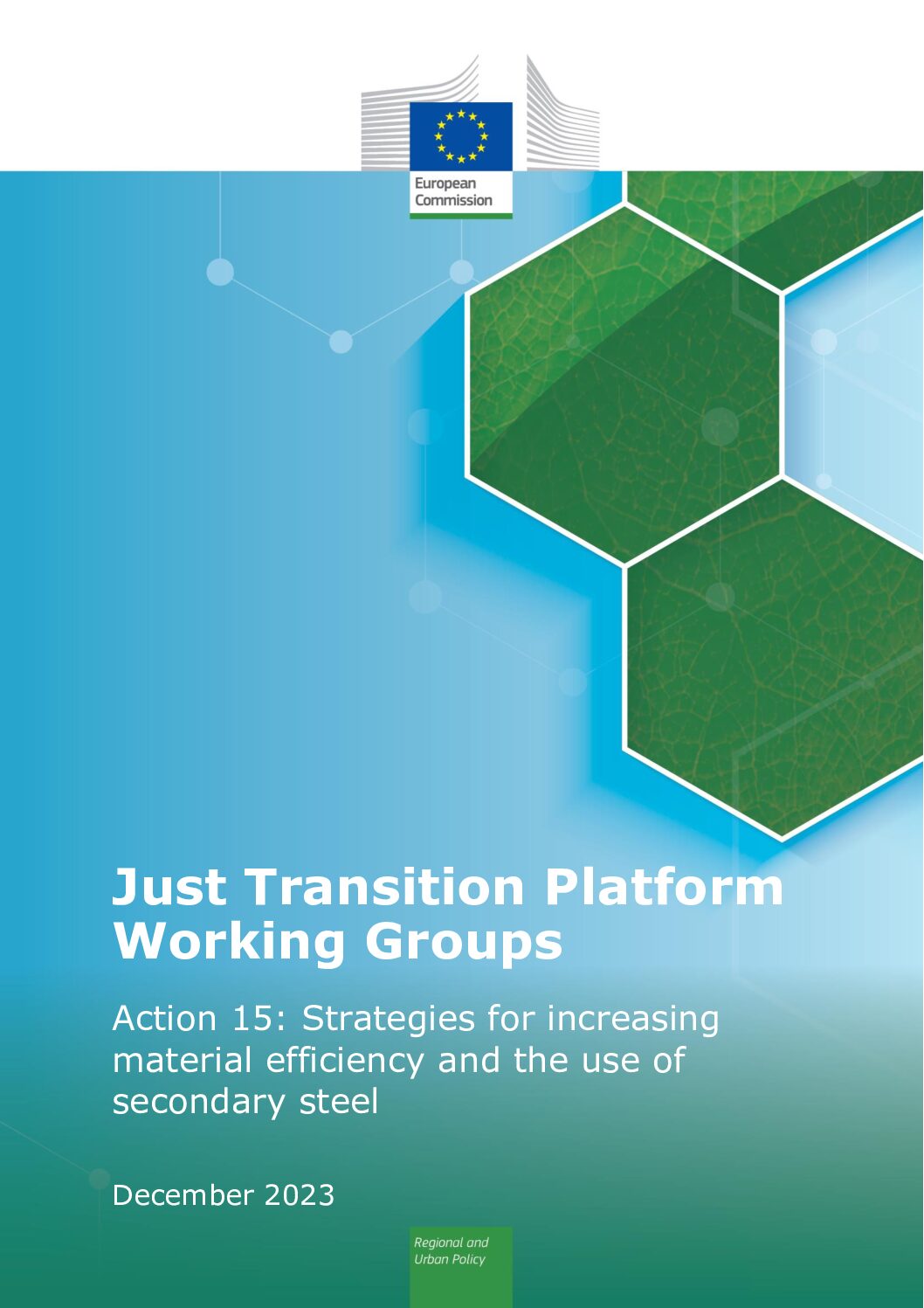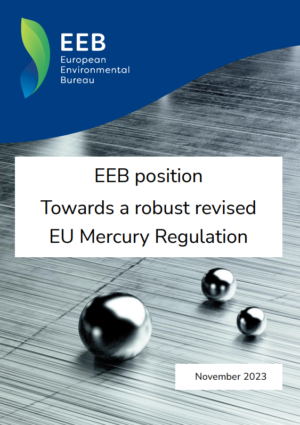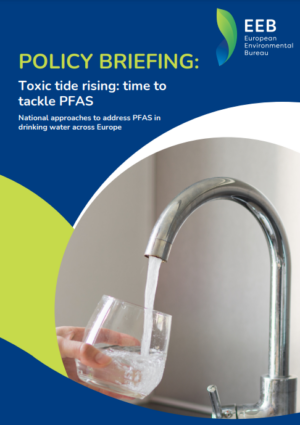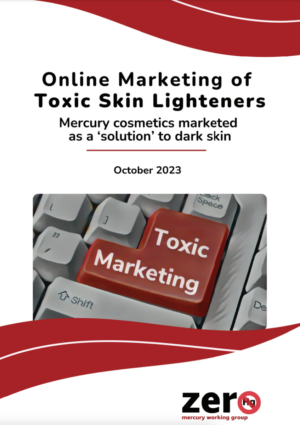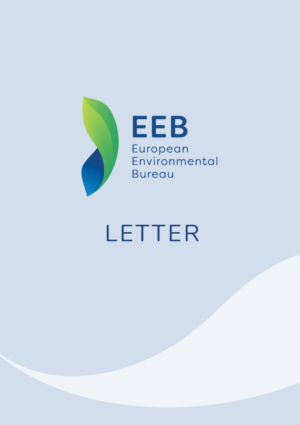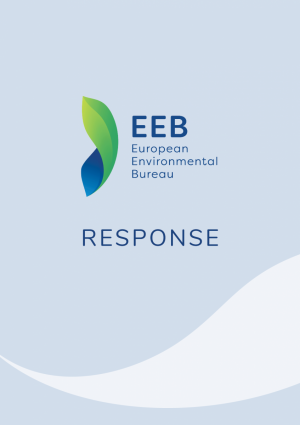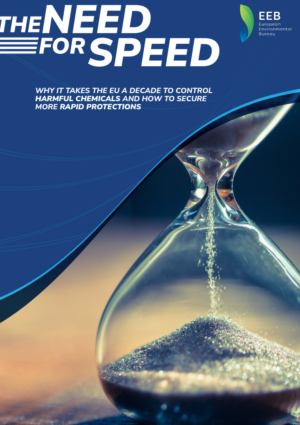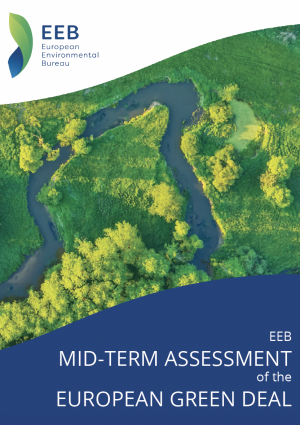Industrial activities are impacting our environment, health and quality of life on a massive scale. That’s why dedicated laws exist at European level to prevent and control pollution from factories, power plants and other large-scale industrial activities. The EEB provides expert advice to European and national policymakers, industry and other stakeholders to encourage the use of truly best practices. We advocate for the prevention of pollution impact at source and accelerating the transition to zero-pollution, decarbonised, and circular industrial processes that respect planetary boundaries.
Industrial activities, from the production of cement, energy, intensive rearing of livestock to waste management, are responsible for negative environmental impacts through the release and transfer of harmful pollutants, including sulphur oxides, nitrogen oxides, dust and mercury and other heavy metals, into the air, water and soil. Large scale industrial activities also eat up precious resources (including energy and water), use and/or produce hazardous chemicals and generate pollution negatively affecting human health and the environment.
We want the EU to become a leader in environmental pollution prevention standards setting, fully aligned to the zero-pollution ambition. The EEB Zero Pollution Industry team will play the role so that industry and decision makers ‘walk the EU Green Deal talk’. Please reach out to sustainableindustry@eeb.org.


